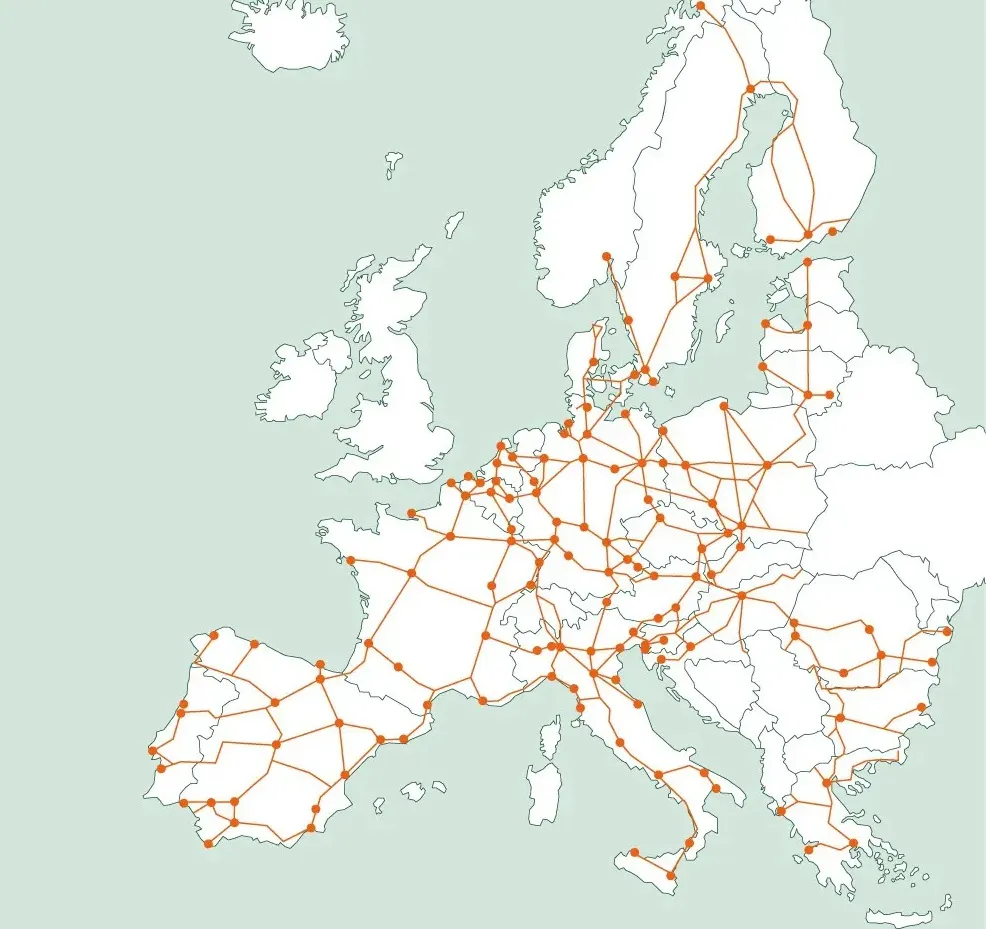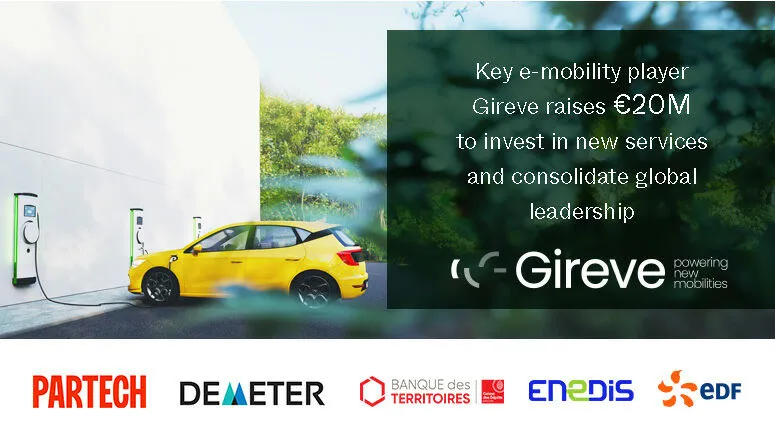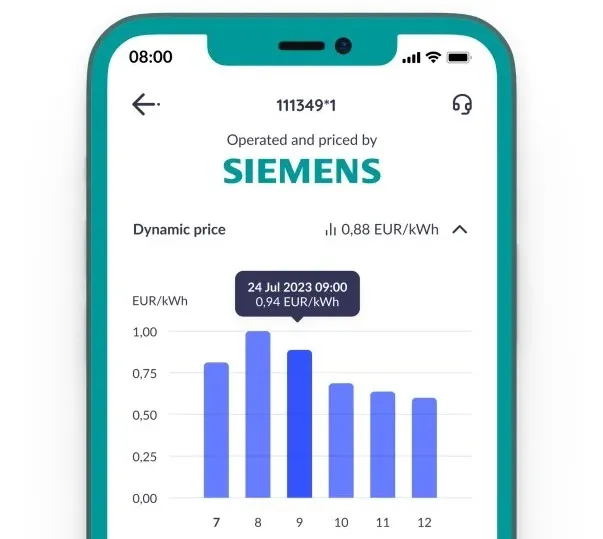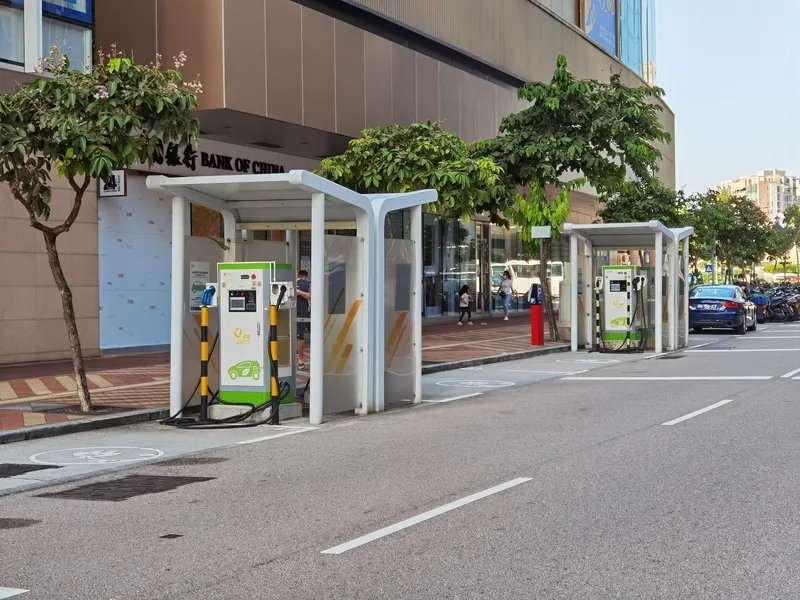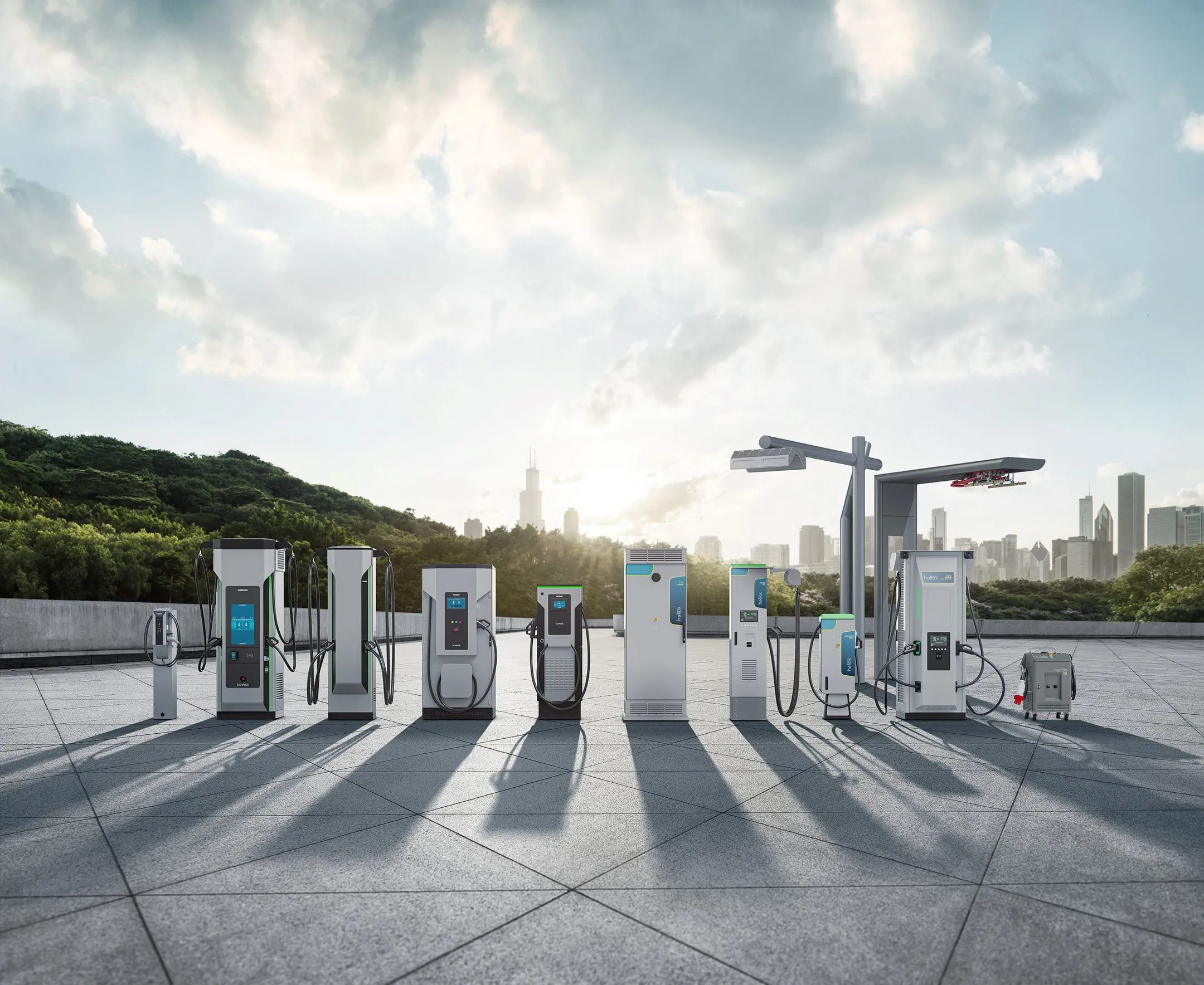
The carve out of Siemens eMobility, which today has a strong technological core and portfolio, will give the business entrepreneurial freedom to transform into a more agile, focused and efficient market player. It will enable Siemens eMobility to better leverage opportunities in the fast-growing and dynamic EV charging infrastructure market.
Siemens has made targeted organic investments to build the eMobility business’ technology leadership and strengthen the product portfolio. The business has also executed multiple acquisitions including most recently Heliox, a specialist in DC fast charging solutions, focused on eBus and eTruck fleets. The Heliox acquisition extended Siemens’ market reach, primarily in Europe and North America, while improving capabilities in power electronics.
The upcoming carve-out will combine Siemens eMobility and Heliox into a dedicated legal structure, well-positioned to build on the experience and innovation of Siemens and the pioneering culture of Heliox. This future setup will create optimal conditions to drive progress and expand leadership in the market, further accelerating the sustainable transformation of mobility.
“The new setup of eMobility will enable the business to accelerate profitability by focusing on high potential business segments and strategically relevant geographies. It will have more freedom to define its focus areas based on business strengths. This business will be well positioned to foster new partnerships to increase customer access through new sales channels and enrich capabilities in new end markets,” said Matthias Rebellius, Siemens managing board member and CEO of Smart Infrastructure. “Building up charging infrastructure for electric vehicles is crucial to achieving the electrification of transport, a central piece in the aspiration to reach net zero by 2050.”
Siemens eMobility offers IoT-enabled hardware, software and services for AC and DC charging from 11 kW to 1 megawatt for a broad range of applications. Today, the business has production and R&D sites in Germany, Portugal, the United States, India and the Netherlands.


